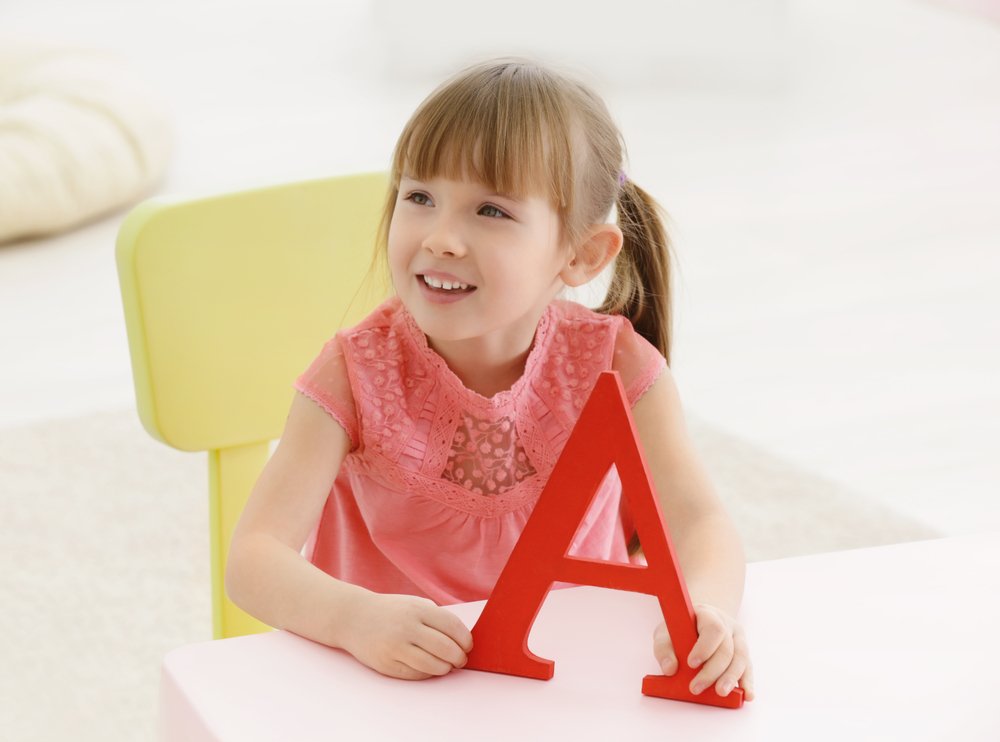Key points:
1. Phonological awareness is crucial for literacy development in preschoolers.
2. Teach your child the sounds of letters, not just their names.
3. Engage in phonetic word games to help them recognize individual sounds in words.
4. Reading rhyming books and coming up with rhyming words enhances phonological awareness.
Between 3 to 5 years old, a preschooler’s literacy abilities begin to develop, laying the bases for later reading and academic abilities. Experts state that the most important ability for literacy development is phonological awareness. In other words, the ability to recognize the individual sound units that make up words. Acquiring phonological awareness builds the foundation for reading and spelling. It’s considered one of the best predictors of how well children will learn to read.
Once your child is able to distinguish the individual sounds they hear, then they will be able to relate them to their visual representation in the form of a letter or word. Therefore, instead of teaching your child the names for the letters in the alphabet, teach them the different sounds for each of them. This will be more beneficial for their literacy development. For example, say “aah” instead of just calling the letter an “A”.
There are a lot of short and fun phonetic word games you can try at home to help your little one isolate and discern the individual sounds that make up words. For example:
- Practice isolating phonemes by having them tell you the individual sounds they hear in words. Keep in mind that we’re not focusing on spelling, but the sounds that make up words instead. The word dog would have three sounds: /d/, /o/, /g/.
- A more advanced game would be to switch out the first sound of a word to make a new one. For example, switch the sound /m/ in mat for a /k/ to form the word cat.
- Get in the habit of coming up with rhyming words. Try it during a car ride or when waiting in line at the supermarket. This can be a fun way to pass the time and it will enhance your child’s phonological awareness.
- Help your little one think of a number of words that start with the same sound. For example, mention words that start with the /m/ sound like mat, make and more.
- Read books with rhymes. They are entertaining, and children this age love them! Look for books that are fun to read out loud and are easy to memorize. After you’ve read it a couple of times, your little one will be able to join in on the fun and help you finish sentences from the story.








